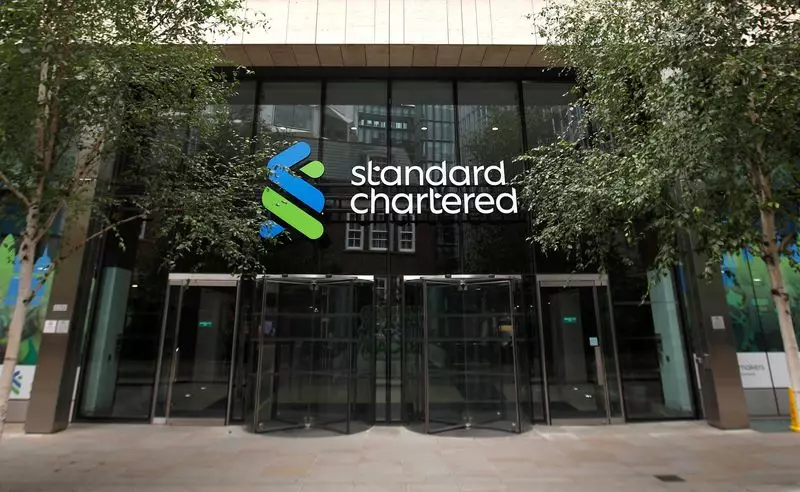In a significant development within Zambia’s financial sector, Standard Chartered Bank has come under fire from the Securities and Exchange Commission (SEC) for allegedly mis-selling bonds linked to a struggling Chinese real estate company. This incident not only highlights regulatory vulnerabilities in Zambia but also raises broader questions about corporate governance and financial ethics in international banking operations.
According to reports, the bank is facing repercussions for failing to disclose critical information regarding the bonds sold to local clients. These bonds, linked to Sino-Ocean, a state-backed Chinese developer, have seen their value collapse following the company’s inability to honor its debt obligations. Such a dramatic turn of events, occurring just over a year after the bonds were offered, underscores the risks associated with high-yield investments in emerging markets, particularly when crucial information remains undisclosed to investors.
The SEC’s findings reveal two primary breaches of regulatory standards by Standard Chartered. The first pertains to the bank’s lack of transparency surrounding the provided investment information. By withholding essential details, the bank not only breached SEC regulations but also potentially endangered the financial well-being of its clients. The second violation relates to the contract terms, which placed all risk on the customer, thus undermining protective measures typically expected in financial transactions.
This incident represents an alarming trend where institutions must navigate complex regulatory frameworks while also holding extensive responsibilities to their clients. The SEC’s probe, initiated in April, reflects the persistent effort to safeguard investor rights within Zambia. However, its limited capabilities to impose strict financial penalties or assure customer restitution raises concerns about the effectiveness of regulatory oversight in addressing such infractions.
In response to the SEC’s findings, Standard Chartered expressed intentions to appeal the decision, emphasizing its commitment to regulatory compliance. This stance indicates a proactive approach; however, it also raises questions about the bank’s internal controls and risk management practices. Understanding the nature of the miscommunication that led to the current predicament is crucial for Standard Chartered, especially as the bank looks to divest its wealth and retail operations in Zambia.
As one of the oldest financial institutions in the country, Standard Chartered’s challenges may signal broader issues facing foreign banks operating in Zambia and other African markets. The ongoing tightening of regulatory measures and evolving market landscapes may necessitate a reevaluation of business strategies within these contexts.
The implications of this case extend beyond Standard Chartered. It embodies the tension between economic aspirations and regulatory frameworks in emerging markets like Zambia. As international banks realign their strategies in Africa—illustrated by Standard Chartered’s retreat from multiple markets—a heightened focus on regulatory adherence and financial ethics is more crucial than ever.
Ultimately, this situation presents a learning opportunity for both banks and regulators. It underscores the importance of transparent communication and the adherence to ethical standards in financial dealings. As the financial landscape continues to evolve, mutual responsibility between institutions and regulators will be paramount in fostering trust and stability in the financial ecosystem.

